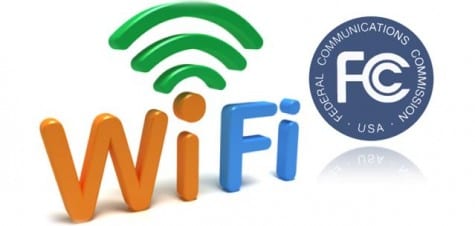The Federal Communications Commission (FCC) took a major initiative to expand robust Wi-Fi networks in the school and libraries across the United States by modernizing its e-rate program.
According to the FCC, the modernization of its e-rate program will allow additional 10 million students to have access to cutting-edge digital learning technologies across thousands of libraries across the country.
E-rate, is the largest program supporting communications technology in schools and libraries in the United States. According to the FCC, modernizing the program is critical to close the Wi-Fi gap in schools and libraries.
Details of FCC rules regarding E-rate program modernization
The FCC said its new rules regarding the modernization of the E-rate program has three major goals including:
- Expanding the funding for Wi-Fi networks significantly and distributing its equally to all schools and libraries while recognizing the needs of rural and poorest school districts
- Maximizing the cost effectiveness of E-rate spending through greater pricing transparency, encouraging consortia and bulk purchasing and better enforcement of existing rules
- Streamlining and simplifying the E-rate application process and over-all program administration
FCC budget for E-rate program
According to FCC, the current rule maintains its existing budget of $2.4 billion (adjusted by inflation) for the program, and orders that availability of additional $2 billion to support Wi-Fi over the next two years through improved financial management practices.
The agency said its target is to provide $1 billion annually to WiFi while continuing to ensure that funding is available for broadband connectivity to schools and libraries. The FCC plans to phase out support for non-broadband services such as pagers and phones through increased efficiencies.
The total amount of the FCC’s funding to expand its E-rate programis $5 Billion over the next five years. The agency said the amount is sufficient to boost the WiFi networks in schools and libraries.
FCC’s initiative will potentially increase the funding for rural schools by 75% over the next five years and 60% for urban schools, which would provide Wi-Fi access to additional 10 million students in 2015 alone.









